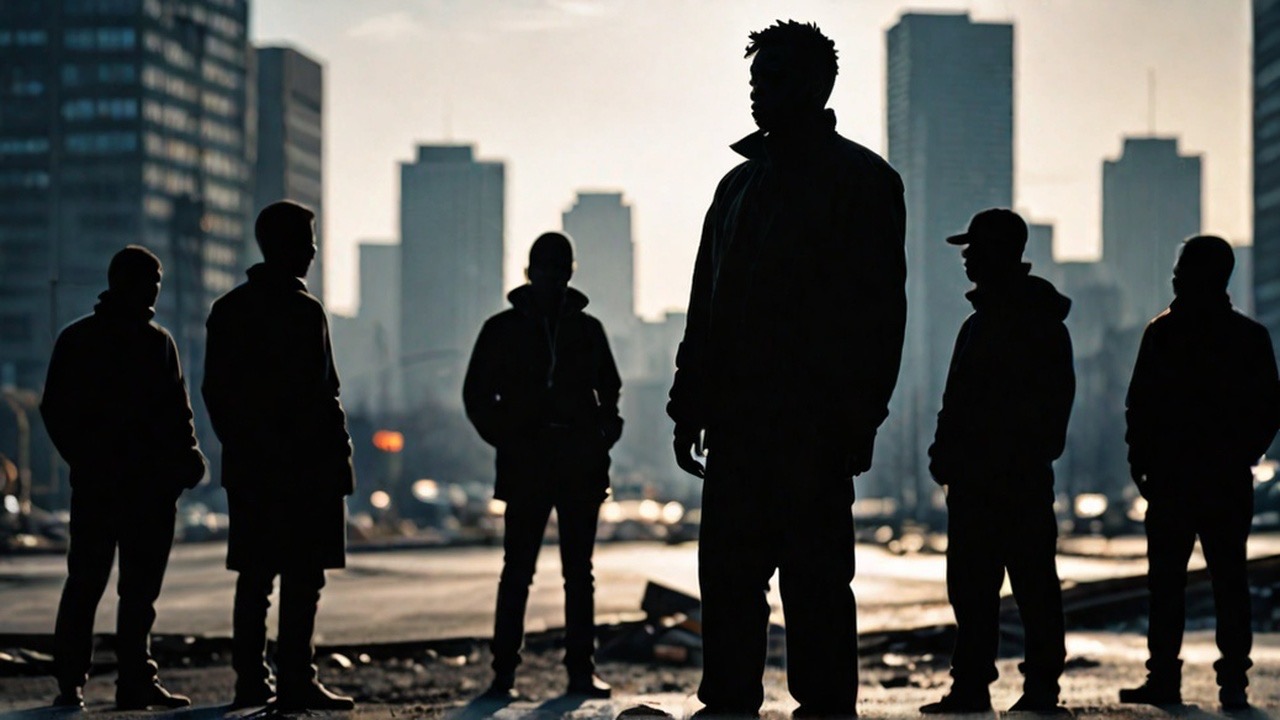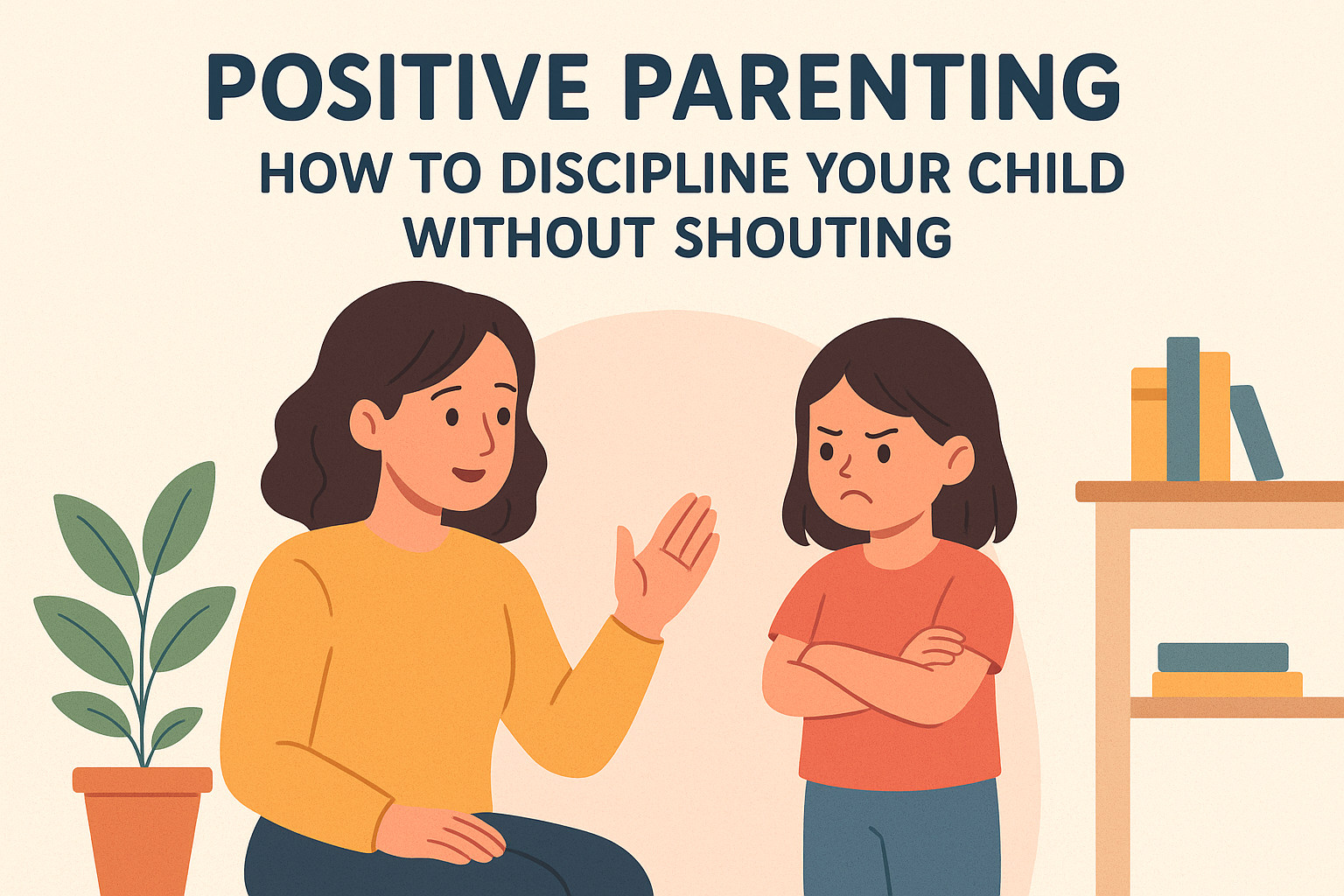
The Dark Reality of Injustice in Nigeria: The Stories We Ignore
The Dark Reality of Injustice in Nigeria: The Stories We Ignore
In recent years, Nigeria has been on the global stage for its economic potential and cultural influence, but beneath this promising surface lies a darker narrative: a culture of systemic injustice that often targets the most vulnerable. These are the stories we ignore, the voices we silence, and the harsh truths we overlook. From police brutality to judicial corruption, and inequality, the story of Nigeria’s justice system is marked by profound inequality and abuse of power.
1. Police Brutality: A Deeply Rooted Crisis
Perhaps no other topic has illustrated the injustice in Nigeria more vividly than police brutality, especially by the Special Anti-Robbery Squad (SARS). This squad was originally intended to combat violent crimes, but it became notorious for its extortion, torture, and extrajudicial killings. While the EndSARS protests in 2020 brought temporary attention to these abuses, police violence remains rampant, with perpetrators rarely facing any real consequences.
For every high-profile case that makes the headlines, there are countless others that don’t. Ordinary Nigerians, often young and poor, are harassed or falsely accused, stripped of their dignity, or even lose their lives in incidents that go unreported. This system breeds a climate of fear, where Nigerians feel powerless against the very forces meant to protect them.
2. Judicial Corruption: The Price of Justice
The Nigerian judicial system, theoretically an impartial pillar of justice, is plagued by corruption and inefficiency. In a system where “justice” can be bought and delayed, those without the financial means or connections find themselves facing nearly insurmountable obstacles.
Imagine a poor farmer wrongly accused of a crime he didn’t commit. In a fair system, he would have access to a speedy trial and legal representation. In Nigeria, however, such cases often languish in overcrowded prisons as pre-trial detainees, sometimes for years. These people are deprived of liberty, family, and any sense of normalcy—all because they cannot afford a lawyer or pay for a “quick release.” This dynamic highlights a painful reality: justice in Nigeria is often for sale, leaving the vulnerable to languish in the system’s neglect.
3. Economic Inequality and Discrimination
Beyond outright corruption, there is also a pervasive economic and social inequality that perpetuates injustice. Nigeria’s wealth gap continues to widen, creating a stark divide between the elite and the average citizen. This disparity affects every aspect of life, from education and healthcare to safety and legal protection. Those with privilege can often bypass the hurdles that ordinary Nigerians face, whether it’s through connections, money, or influence.
Consider the case of land disputes, a common issue in Nigeria. When a wealthy person decides to take land from a poorer community, they often succeed due to their ability to leverage the system. Bribing officials, using political connections, and intimidating communities into silence are tactics often employed, leaving entire families or communities displaced.
4. Injustices Against Women and Minorities
Women and minorities face a particularly harsh reality in Nigeria. Issues like domestic violence, gender discrimination, and harmful cultural practices such as child marriage remain disturbingly common. Despite legal protections, enforcement is weak, and cultural stigmas often prevent victims from seeking justice.
Women who report violence or harassment are often met with skepticism, shaming, or even retaliation. Many endure abuse in silence due to fear of stigma or retribution. Religious and ethnic minorities, meanwhile, are marginalized in different ways, often facing discrimination in employment, housing, and access to public resources.
5. Lack of Accountability and the Culture of Silence
One of the most troubling aspects of Nigeria’s justice issues is the lack of accountability. Many individuals in positions of power evade justice, while their victims are left without recourse. When powerful figures are above the law, the ripple effect is profound, reinforcing the idea that injustice is the norm, and speaking out is a risk few are willing to take.
This culture of silence means that many Nigerians have resigned themselves to these injustices. For every story of corruption or abuse that surfaces, there are countless others that go unheard. A lack of trust in the system has led many to stop reporting crimes altogether, resulting in a cycle that perpetuates and reinforces these very issues.
Moving Forward: What Needs to Change?
The way forward is complex and fraught with challenges. Addressing these issues requires a multi-pronged approach involving reforms, education, and collective action. Here are a few steps that could make a meaningful difference:
• Strengthening Institutions: A key step in fighting injustice is to strengthen Nigeria’s institutions, particularly the police and judicial system. Reforming these institutions requires addressing corruption, training personnel, and establishing accountability mechanisms.
• Legal Aid and Support for the Vulnerable: Offering legal support to those who cannot afford it could help level the playing field. Civil society organizations and NGOs play a crucial role in providing legal aid to vulnerable communities, and supporting these organizations could go a long way in making justice accessible.
• Cultural Change: Ending the culture of silence requires challenging deeply rooted norms. Encouraging citizens to speak up and report injustices, creating awareness, and fostering a spirit of solidarity can help change the narrative.
• Economic Empowerment: Bridging the wealth gap would significantly reduce the vulnerability of marginalized communities. Economic empowerment programs, especially for youth and women, can give individuals the resources they need to protect themselves and challenge unfair treatment.
Conclusion: Reclaiming Justice for All Nigerians
Injustice in Nigeria is not a distant concept; it’s a daily reality that affects millions. The stories we ignore are reminders of a system that has failed to protect the vulnerable and uplift the oppressed. Addressing these issues will require courage, commitment, and a willingness to demand more from the structures meant to protect Nigerian citizens. Only by giving voice to the silenced and bringing light to the ignored stories can we hope to forge a more just and equitable Nigeria.



0 COMMENTS